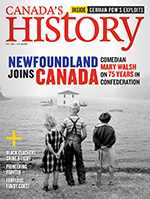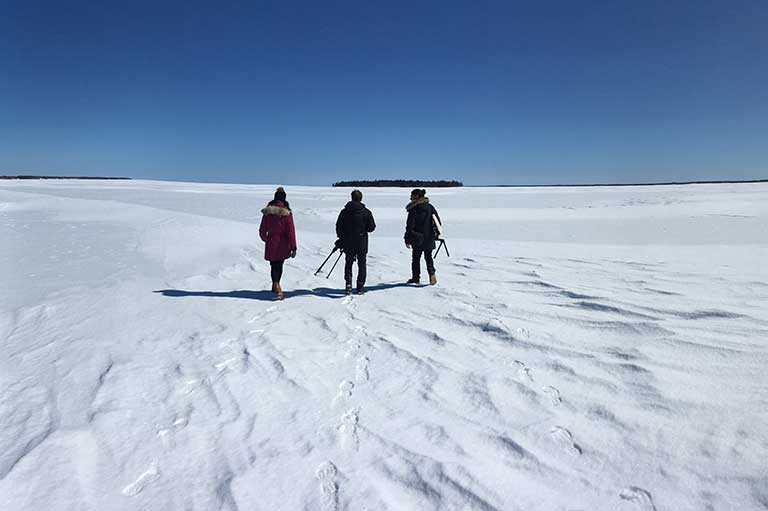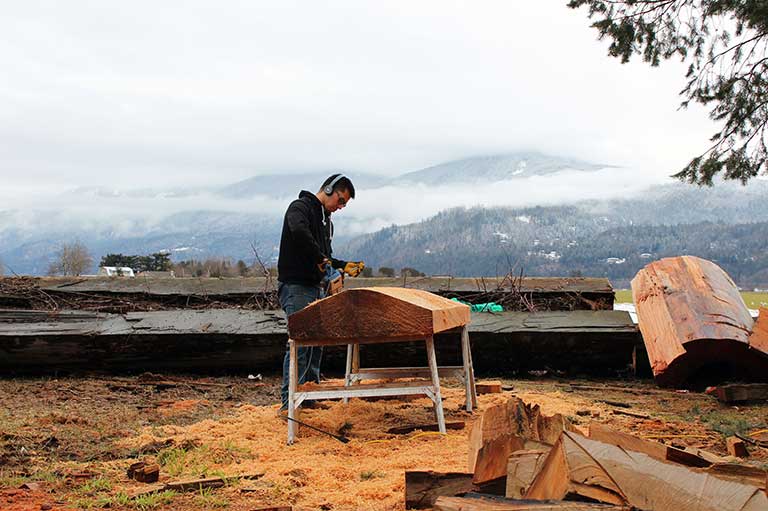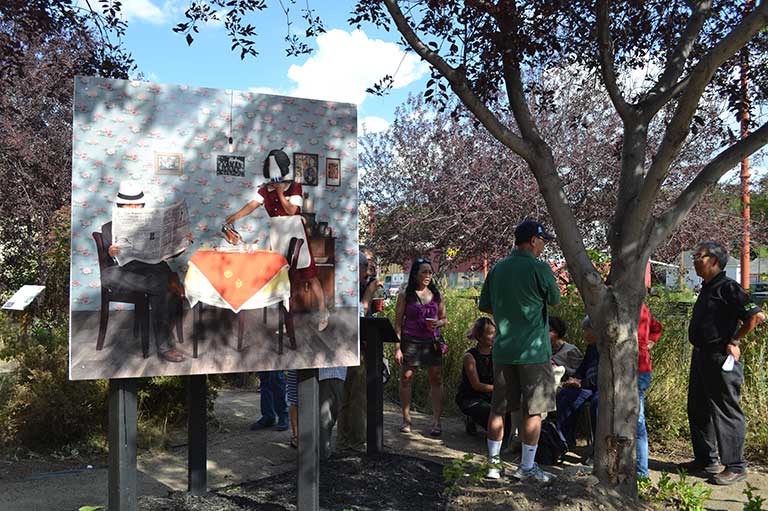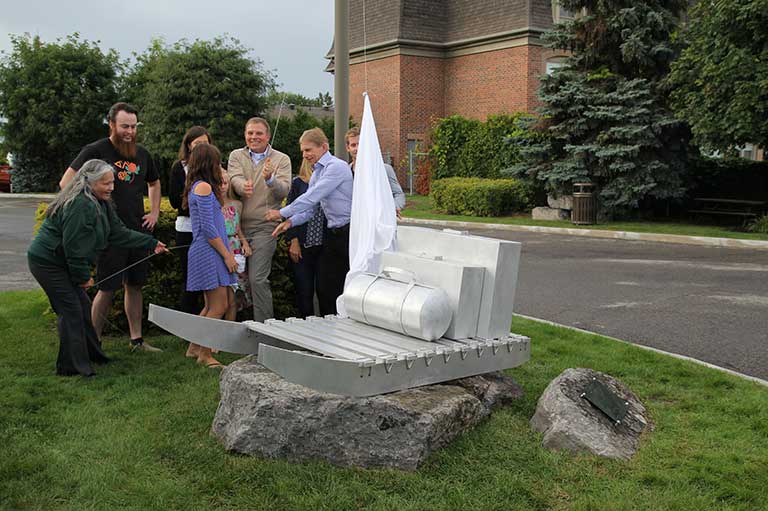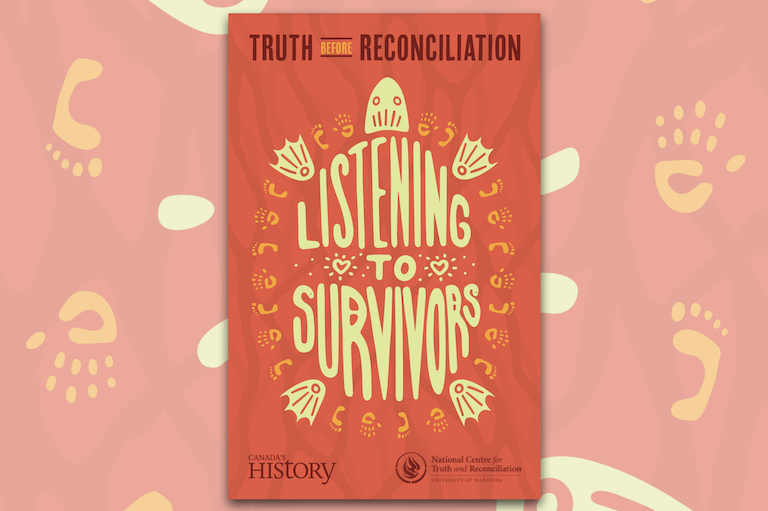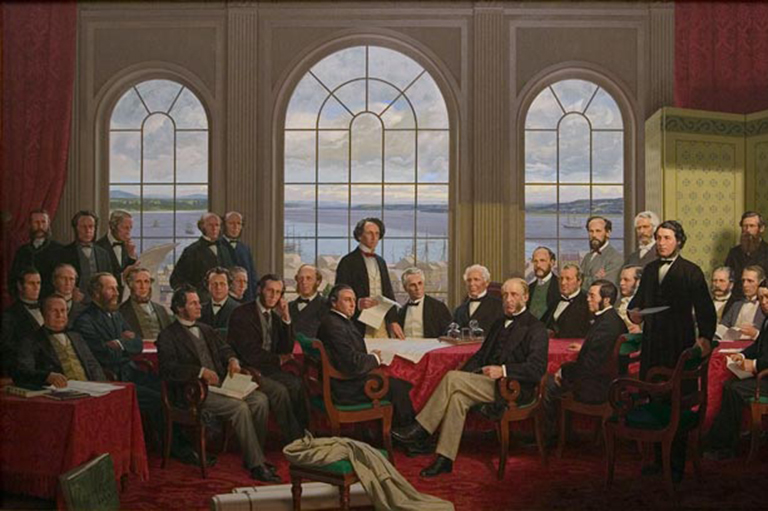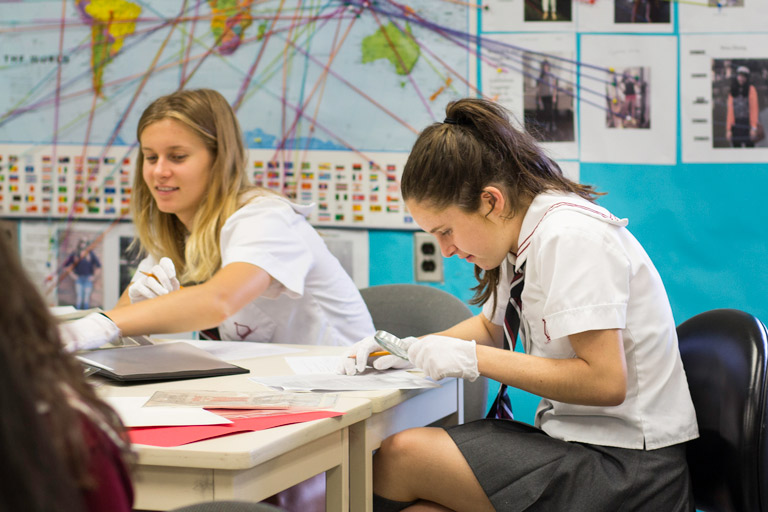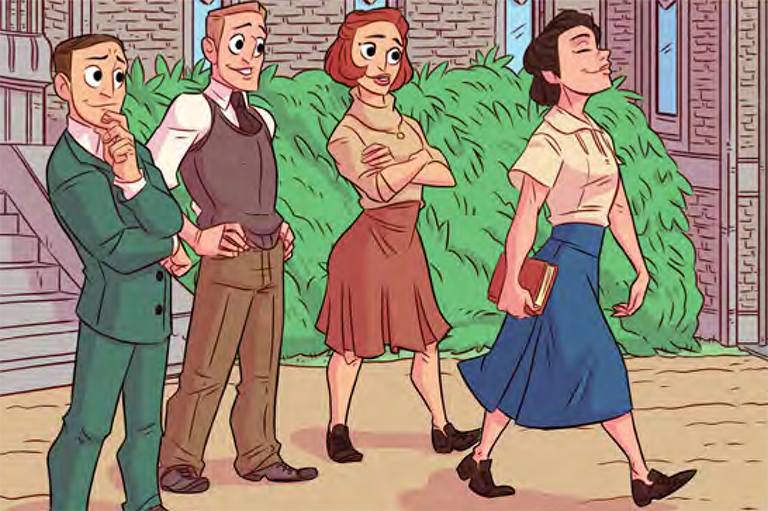Discover a wealth of interesting, entertaining and informative stories in each issue, delivered to you six times per year.
Teaching Lost Stories
Starting in 2012, the Lost Stories Project—based at Concordia University in Montreal—has been collecting little-known stories about the Canadian past, transforming them into pieces of public art on appropriate sites, and documenting the process through short films. The project encourages Canadians to think about why some stories are remembered while others are lost, and to ask questions about how stories about the past are told in public space.
For Canada's 150th anniversary, Lost Stories has created four new episodes from across Canada. These episodes provide an opportunity to hear the voices of people with relatively little power: First Nations, Inuit, Acadians, people with disabilities or disease, and immigrants of colour. The Lost Stories Project worked with these communities so that their stories can be discovered by a much larger audience.
These stories are now accessible via the public art installed during summer 2017 in Tracadie, New Brunswick; Ottawa; Regina, Saskatchewan, and Hope, British Columbia. They are also now available through four documentary films, ready for streaming from our website: Sheldrake by Julien Cadieux, Qamutiik: From the North to Ottawa's Southway Inn by Mosha Folger, Yee Clun and the Exchange Café by Kelly-Anne Riess, and Kidnapped Stó:lō Boys by Sandra Bonner-Pederson.
The Lost Stories Project is launching a new area on its website, called Teaching Lost Stories. Developed by our educational consultants Scott Pollock and Ruth Sandwell, Teaching Lost Stories consists of a set of lesson plans and historical documents that are aimed at intermediate and secondary school students, and that build on the Lost Stories documentary films. The first set of lessons deal with the story of Thomas Widd, a deaf man who created the first Protestant school for the deaf in Montreal.
Teachers and students who use the Thomas Widd lesson plans will be challenged to think about why this particular story was “lost” and will also be asked to develop historical markers such as monuments that draw attention to this story. In the process, students will develop their historical thinking skills as they work with a variety of primary documents and learn to ask rich questions about the relationship between the past and the present.
Throughout 2018, lesson plans connected with our four new stories will be released, so that teachers can select an episode with the greatest meaning for their students. However, in all the plans, the goal is to question why we focus on some stories from Canada's past, and not others; and how we present the past in our public spaces.

